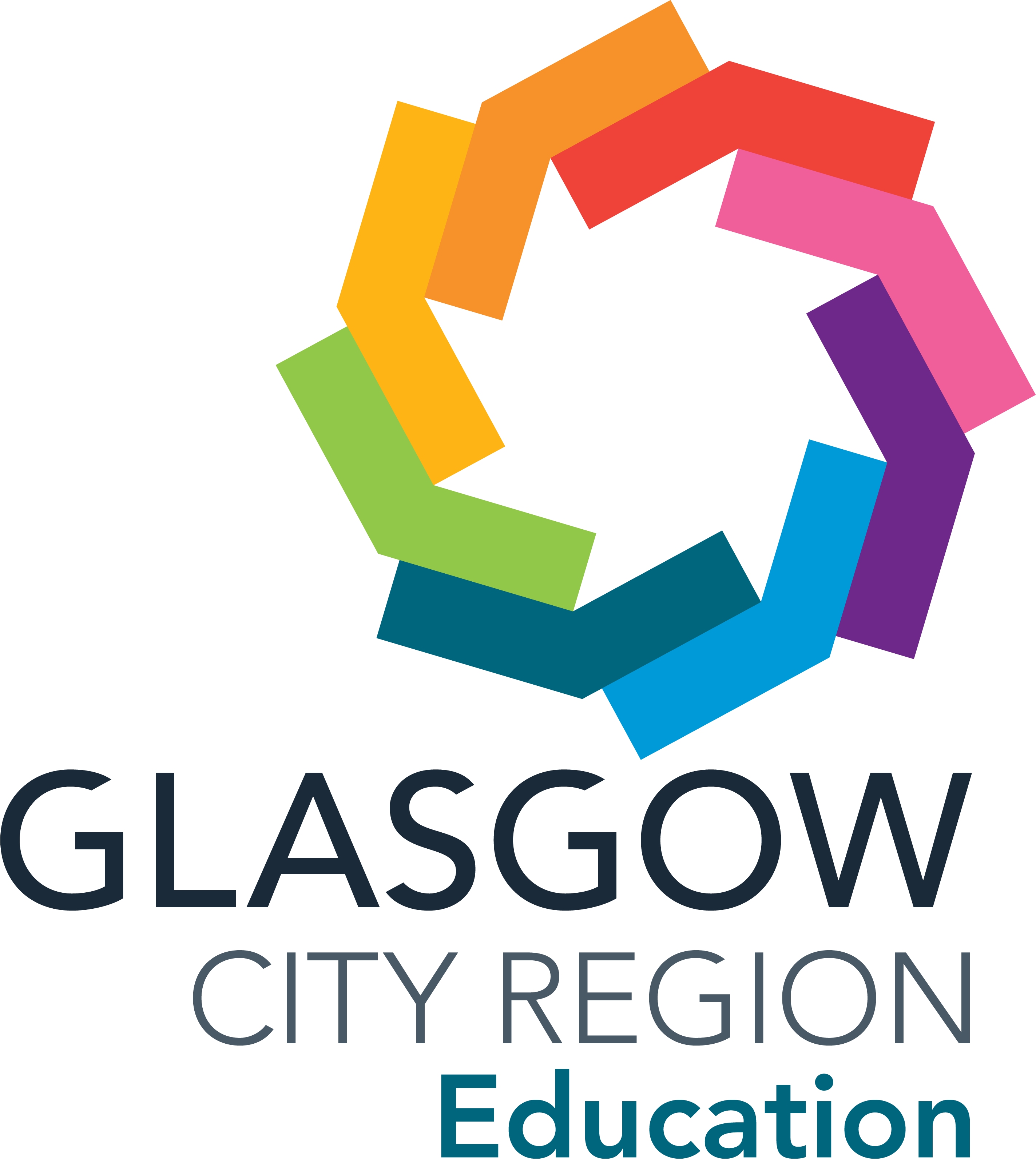1140 Hours
Since August 2021, all children aged 3-4 and some 2 year old children have had access to 1140 hours of funded early learning and childcare (ELC). Funded ELC was originally introduced in 2002, and this has gradually increased over time. These hours can be accessed through local authority early years settings, private nurseries, childminders, or a combination of these. Families may also access various attendance patterns that suit their needs. The Scottish Government outlined that the intended outcomes of this policy were:
- To improve children’s outcomes and reduce the poverty-related attainment gap.
- To increase parents’ opportunities to access work, training or further study.
- To improve family wellbeing across Scotland.
In addition, the Scottish Government set intermediate aims they predicted would assist with meeting these outcomes. Ensuring that ELC is flexible, accessible, affordable, and of a high quality should encourage parents to maximise their use of the entitlement – particularly those from more disadvantaged backgrounds.

The Scottish Government are conducting their own evaluation of this policy. However, it is unknown if these results are found at a regional level. Therefore, the West Partnership began their own evaluation in 2022. The research questions they sought to investigate were:
- What impact has the implementation of 1140 hours had on the development and attainment of children in the West Partnership?
- What are the experiences and views of stakeholders in relation to the extension of ELC entitlement and the impact this has had on the development and attainment of children in the West Partnership?
How did you conduct this evaluation?
Early years settings across the West Partnership were invited to participate in this evaluation. Each local authority within the RIC was represented, which included local authority settings, and private nurseries.
We used various methods to gather our data, including:
The Ages and Stages Questionnaire
A developmental questionnaire that can track children’s development. We used this tool to measure children’s development as they turned four years of age and compared these findings across various groups within the sample.
Online surveys
Parents and practitioners were invited to complete an online survey that gathered data on their perceptions of the entitlement and its impact on the children they support.
Interviews and focus groups
Parents and practitioners across the region participated in discussions with the researcher to talk about their experiences in more detail.
Child-led tours
To ensure we included children’s views, child-led tours were conducted with children in their early years setting. This allowed children to show the researcher what they enjoy about their time in ELC, and what these increased hours mean for them.
This data was triangulated to produce key themes that helped answer our original research questions.themes were:
These key themes were:

The full report outlining the findings, as well as a summary report and additional resources can be found below.
Case Study
In addition to the main report, a series of case studies were conducted that explored the views and experiences of certain groups in more detail. These included:
- The experiences and views of childminders delivering the funded entitlement.
- The perceptions of primary teachers supporting pupils transitioning from early years to P1.
- ELC provision for children with additional support needs in a specialist ELC setting.
These case studies can be viewed in appendix G of the main report.


Additional Resources
To share the findings with colleagues and families, please see the resources below that summarise the key statistics and themes from this report.
1140 Evaluation Webinar
Are you interested in hearing more about this research? We will be hosting a webinar to discuss the findings in more detail and provide an opportunity for guests to ask questions or share their experiences.
This session will take place on Wednesday 6th November at 4pm, and all are welcome to attend.


